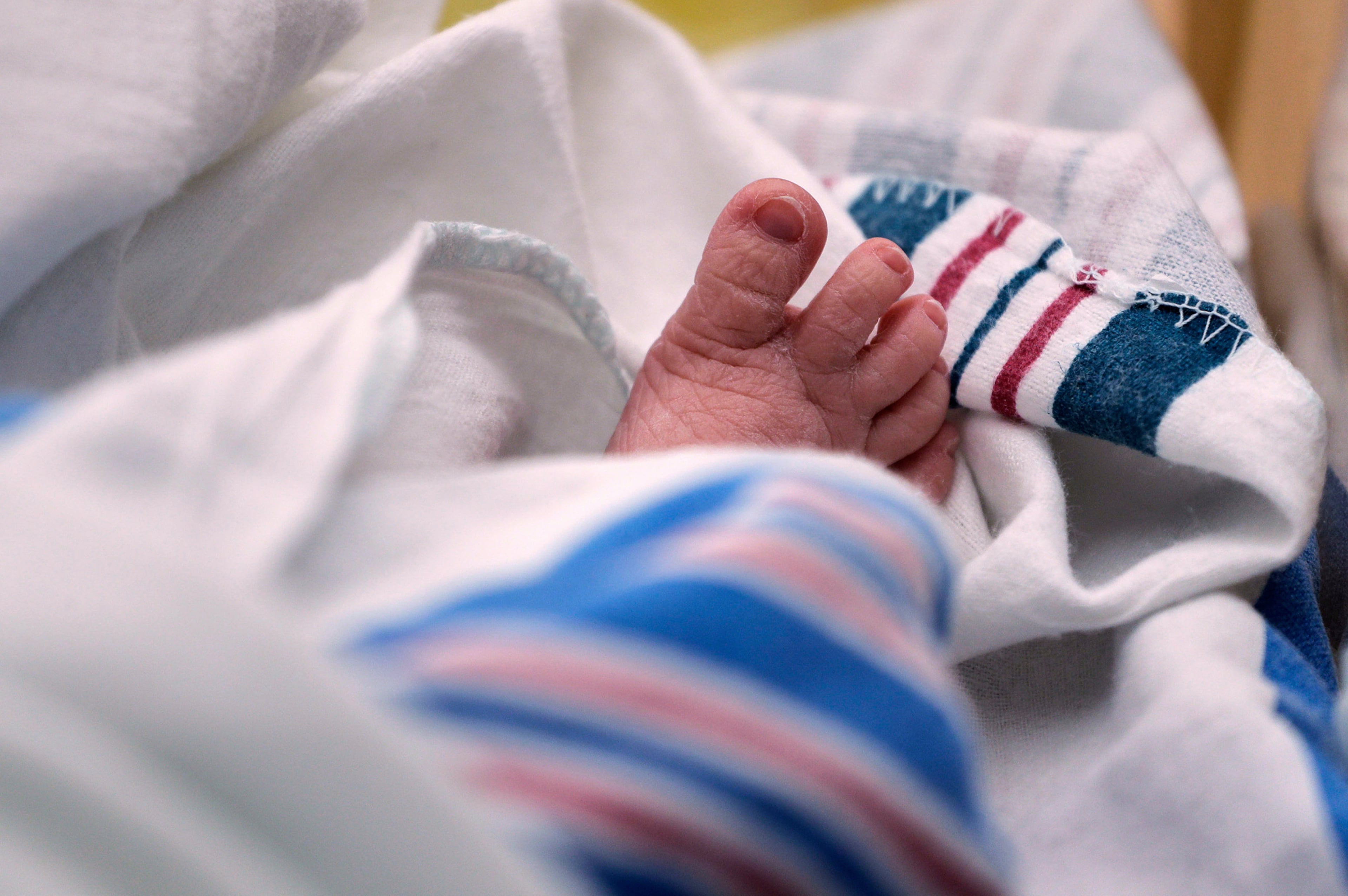Hurricane Matthew: 9 things to do for your family's hurricane plan
1. Determine your risk: It is important to stay informed during severe weather.
National Hurricane Center Director Rick Knabb posted a blog in June with some interesting comments he hears every year, including, “I’ve lived here for decades and we’ve never had a hurricane. I figure I’m good.”
What do they say afterward? “No one told me it could be this bad.”
>> Hurricane Matthew: Live updates as storm approaches the East Coast
2. Develop an evacuation plan: Review the FEMA evacuation guidelines here.
3. Get an insurance check-up: AAA suggests that you round up your records, figure out flood insurance and ensure you're covered. Also, make an inventory of your assets and their values.
4. Shop for supplies: You'll need canned food, bottled water and batteries. Click here for a slideshow shopping list of things your family could use during severe weather.
5. Strengthen your home: Improve the strength of your roof deck attachment, install hurricane-rated window shutters, replace a standard garage door with a hurricane-rated garage door, and secure loose rain gutters and downspouts and clear any clogged areas or debris to prevent water damage to your property. Read more preparedness tips here.
6. Keep a list of emergency contact information: Learn more about making a family emergency communication plan here.
7. Fill up your gas tank.
8. Turn on your TV/radio or check your city/county website to get the latest weather updates and emergency instructions.
9. Before the power goes out: Fill your bathtub with water unless you have young children. The water can be used for drinking, washing and flushing the toilet. Water supplies are often compromised by hurricanes and either become undrinkable or stop flowing.

